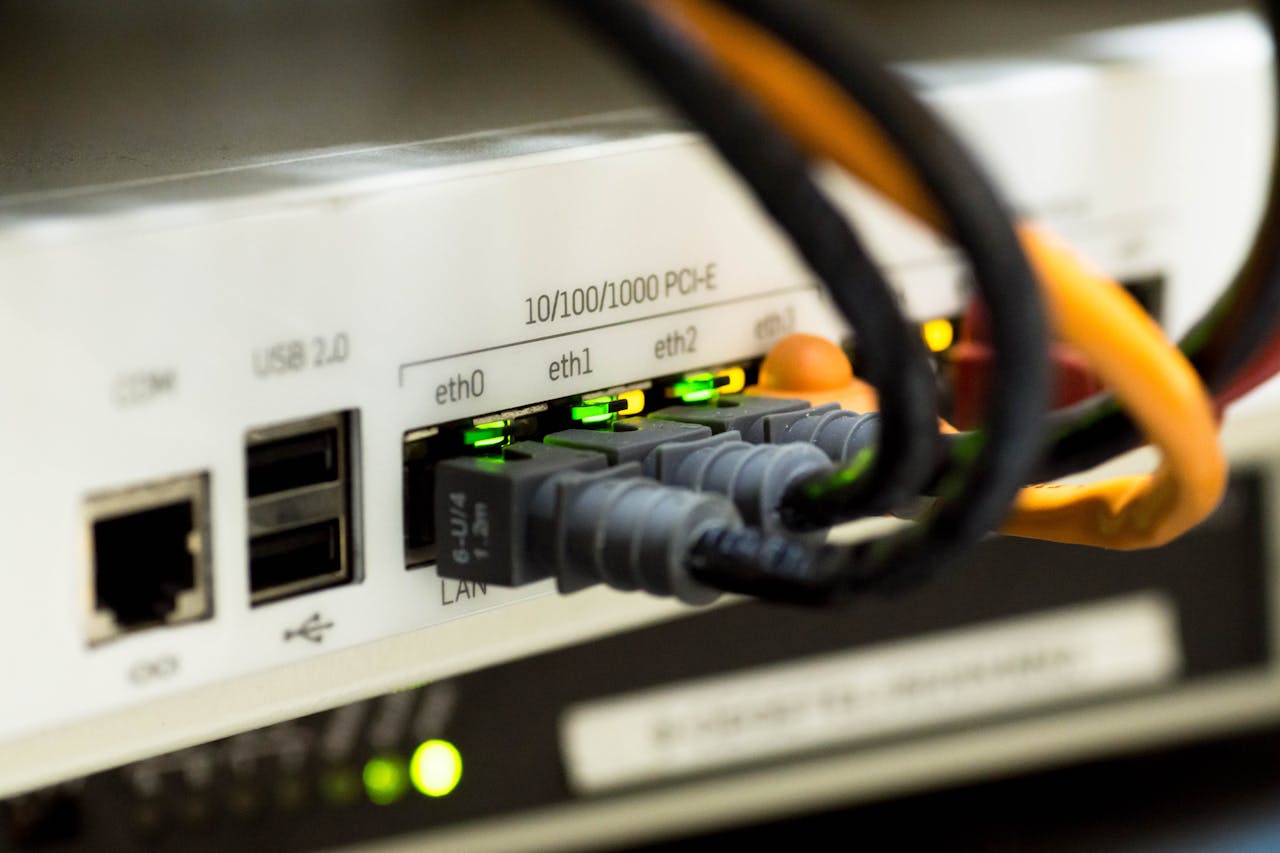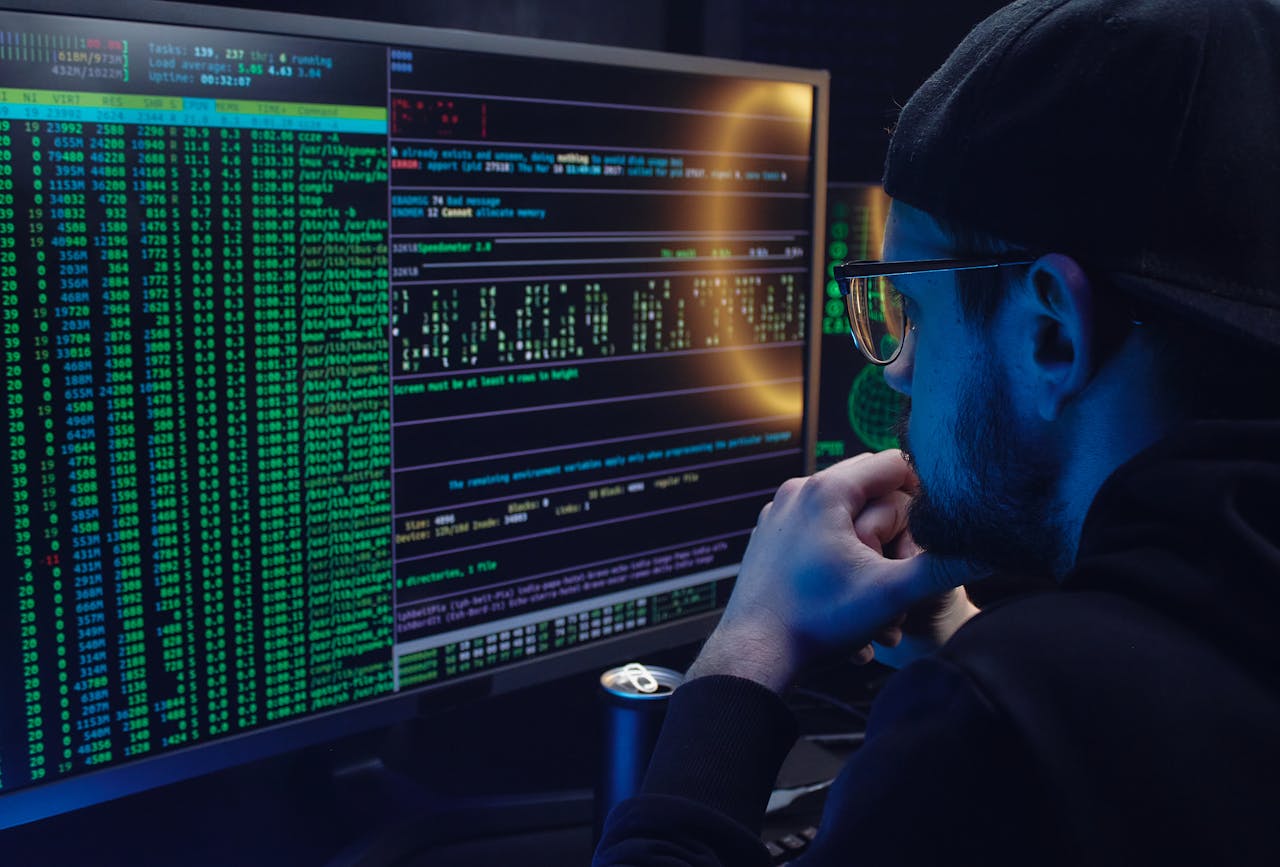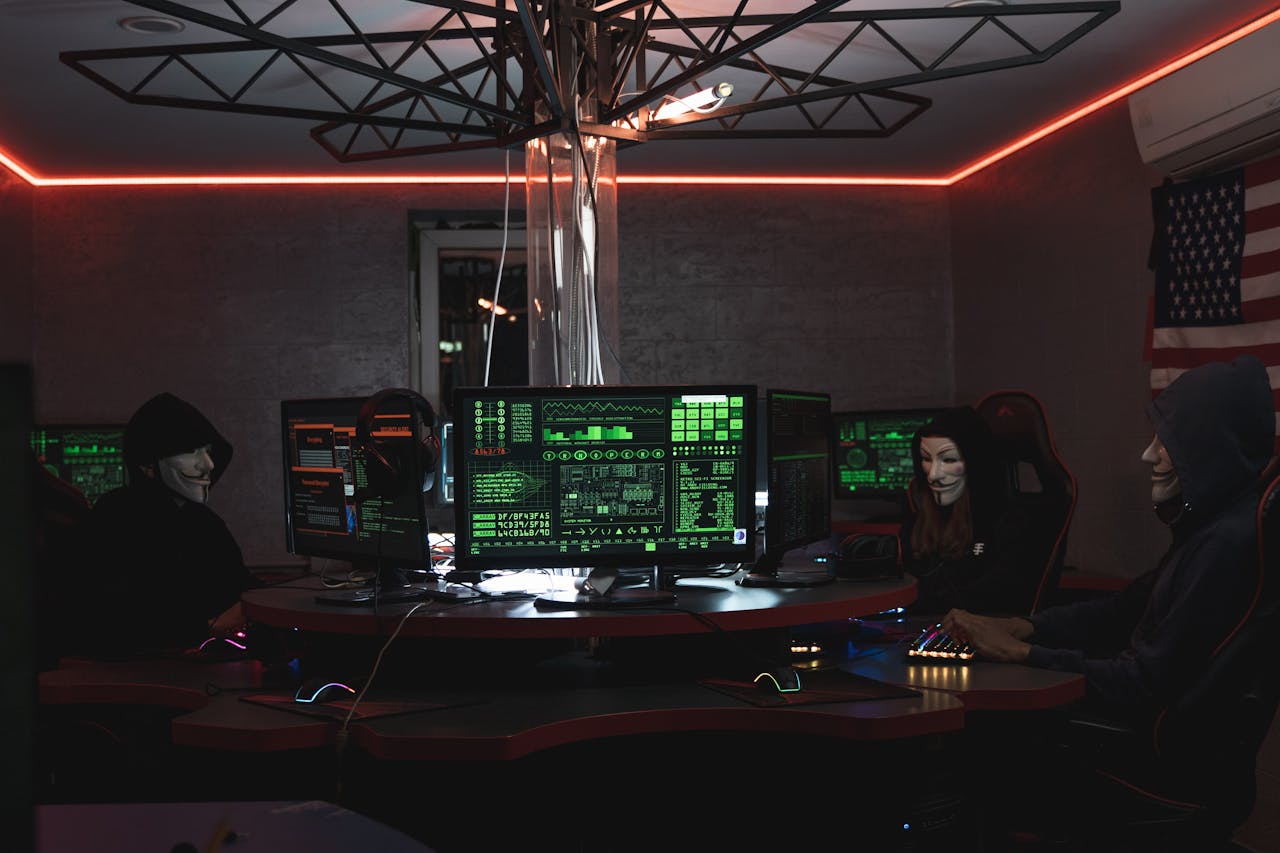Keeping your digital life safe doesn’t require a PhD in computer science—just a handful of smart, consistent habits. By weaving these practices into your daily routine, you’ll dramatically reduce your risk of falling victim to common cyber threats. Below, we’ll explore five easy-to-follow habits anyone can start today.
1. Start Each Day with a Security Check
Why it matters:
A quick glance at your devices can prevent small issues from turning into big breaches.
How to do it:
- Lock your screen when stepping away, even for a minute.
- Verify antivirus status—make sure your real‑time protection is active.
- Review login alerts on your key accounts (email, banking, social media) for any unusual activity overnight.
2. Practice “Pause and Verify” Before Clicking
Why it matters:
Rushed clicks are one of the fastest ways to land on a malicious site or download malware.
Pause-and‑Verify checklist:
- Check the sender: Is the email from someone you know? Look at the actual email address, not just the display name.
- Hover over links: Confirm the URL destination matches what the message claims.
- Read before you act: If something feels urgent or alarming, take a moment to think—attackers lean on panic to trick you.
3. Treat Your Password Manager as Your Best Friend
Why it matters:
Strong, unique passwords are the cornerstone of security—but remembering dozens of them is impossible without help.
Getting the most out of your password manager:
- Enable autofill so you never have to type credentials manually (and risk keylogging).
- Use the built‑in generator to create 12+ character passwords with random symbols, numbers, and letters.
- Store secure notes like software license keys, Wi‑Fi passwords, and recovery codes all in one vault.
4. Embrace the Power of Multi‑Factor Authentication (MFA)
Why it matters:
Even if an attacker guesses or steals your password, MFA stands as a second line of defense.
MFA best practices:
- Choose authenticator apps (e.g., Google Authenticator, Authy) over SMS wherever possible—apps are harder to intercept.
- Register backup methods: Keep backup codes or a hardware token stored securely in case your phone is lost.
- Prioritize high‑value accounts: At minimum, protect email, banking, cloud storage, and work-related logins.
5. Backup with Purpose
Why it matters:
Ransomware and hardware failures strike without warning—backups are your digital insurance.
A robust backup routine:
- Follow the 3‑2‑1 rule: Three total copies of your data, on two different media (e.g., internal drive + external HDD), with one copy offsite or in the cloud.
- Automate daily backups for files you change frequently (documents, photos, project work).
- Test your restores once a quarter—an unusable backup is as good as no backup.
Building on Your Cybersecurity Foundation
These five habits form the bedrock of strong personal cyber hygiene, but there’s always more to learn. Whether you’re just starting out or you’re ready to level up, CyberShield Academy offers a range of courses tailored to your needs:
- Beginner Cybersecurity Fundamentals: Perfect for newcomers who want to master the basics.
- Advanced Ethical Hacking Techniques: Dive deep into pentesting tools and methodologies.
- Network Security Masterclass: Learn to design and protect enterprise‑grade networks.
Visit CyberShield Academy today to explore our full catalog and start building a safer digital future—one habit at a time.


